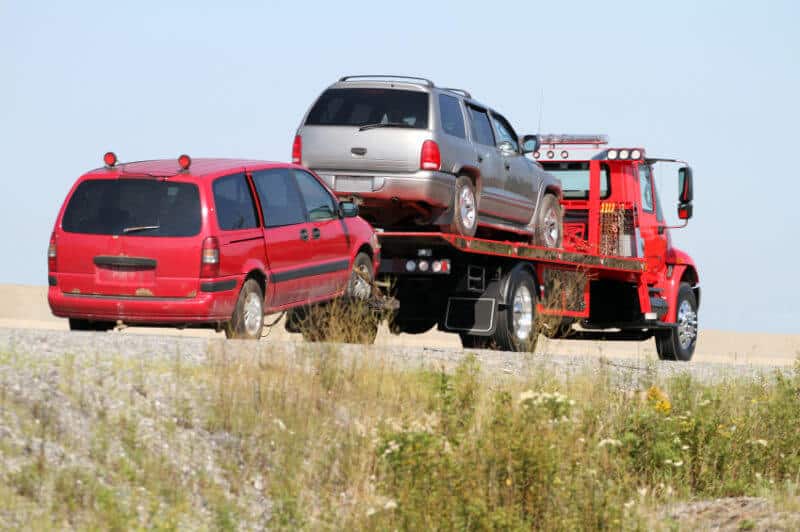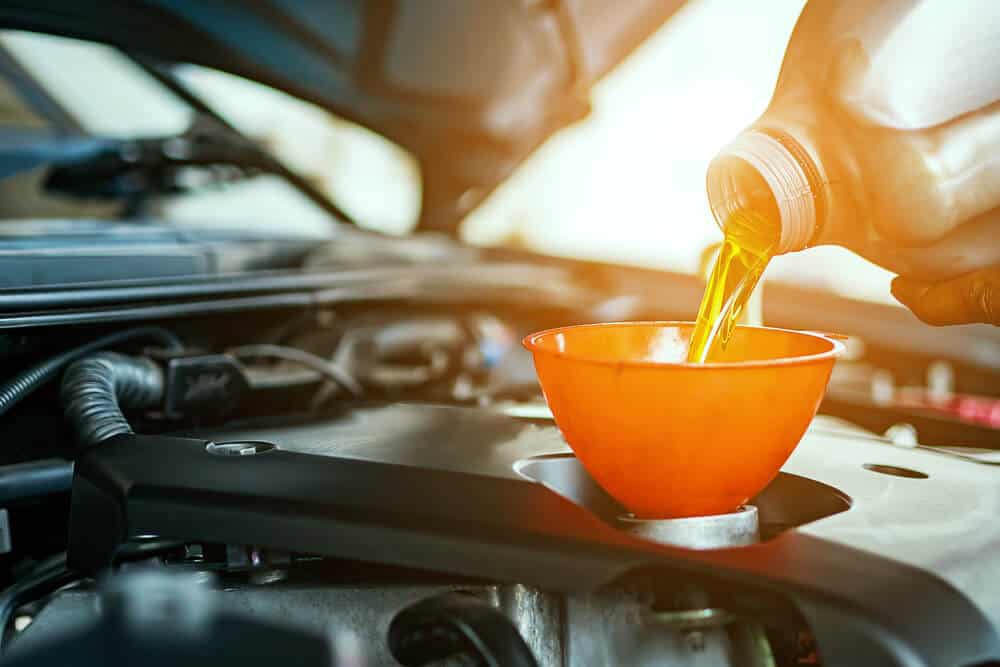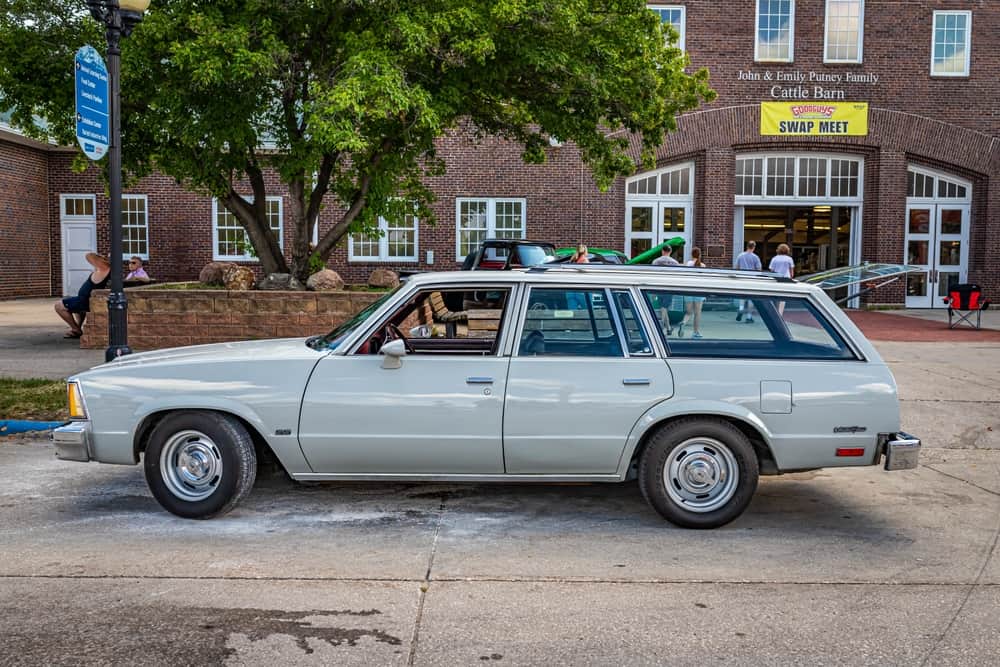My Car is Paid Off – What Do You Mean I Don’t Own It?

You’ve just made the final payment to the bank and the car now belongs to you, right? Well, not so fast – GM claims you don’t own it. In fact, they’ve gone so far as to say they remain the owners – you’ve just licensed it. Which poses the question – why isn’t GM paying for your auto insurance?
We can see you’re confused. Here’s why. Traditionally, there were only two possible answers to someone asking: “Who owns your car?” Either you do – or whoever holds the loan or lease on it does, at least until it’s paid off. While GM is currently the only automobile manufacturer to make the claim so far, it’s quite possible the others will follow suit.
Actually, it’s more or less predictable as a direct result of how U.S. law governs software copyrights. Unfortunately, it could have strange implications for car owners – or current “licensees”.
The law behind GM’s assertions, the Digital Millennium Copyright Act of 1998, contains the wording: “No person shall circumvent a technological measure that effectively controls access to a work protected under this title.” This simply means that a company can put a “digital rights management” lock on any software and extinguish the rights of everybody else to alter or tinker with that program.
With virtually all newer car functions operating via software and the embedded code running in far more devices than in 1998, the DMCA’s anti-circumvention clause is today much more far-reaching than it was when first written. And, this has created a potential hornets’ nest for legislators.
Luckily, Congress wasn’t completely remiss of planning for possible future issues arising from the DMCA: Every three years, the law also requires the Librarian of Congress to consider temporarily exempting products from the anti-circumvention rule if their users can prove they’re hurt by the rule.
In the sixth go-round of the triennial proceeding, one of the most contentious of the 27 proposed exemptions would permit breaking “digital rights management” (DRM) on a car, truck or tractor’s software for “lawful diagnosis and repair” or “aftermarket personalization, modification, or other improvement.”
Not surprisingly, General Motors objected to that proposal. In a 24-page public comment the auto maker argued that “the proposed exemption could introduce safety and security issues,” while GM already provides all the software tools mechanics and owners need to diagnose and fix its vehicles. In addition, GM also contended that “vehicle owners do not own the vehicle software at issue.”
So, in fairness – it must be pointed out that GM isn’t saying you don’t own your car, only that you don’t own the software in it. This is supported by the Alliance of Automobile Manufacturers who equated the software-ownership agreement to similar ones associated with purchasing a MacBook or Microsoft Office software.
While GM declined further comment, in a statement issued by the Alliance of Automobile Manufacturers, the company warned that allowing circumvention of car codes posed potential serious risks to consumer safety and privacy as well as to the nation’s clean air protection.
As we’ve seen in recent years, all software is susceptible to hacking – even the most secure. And, “hackers” could modify the software in a car just as easily to make it less safe.
When it comes to safety, you want the most protection with the best auto insurance rates available. Whether you’re looking for low cost auto insurance to meet the state’s mandatory minimum insurance coverage or full coverage – why not get a free auto insurance quote today?
Do you think the car and its software should both be “yours” to do as you wish once the vehicle is completely paid off? Feel free to share your thoughts in the comments section below.



